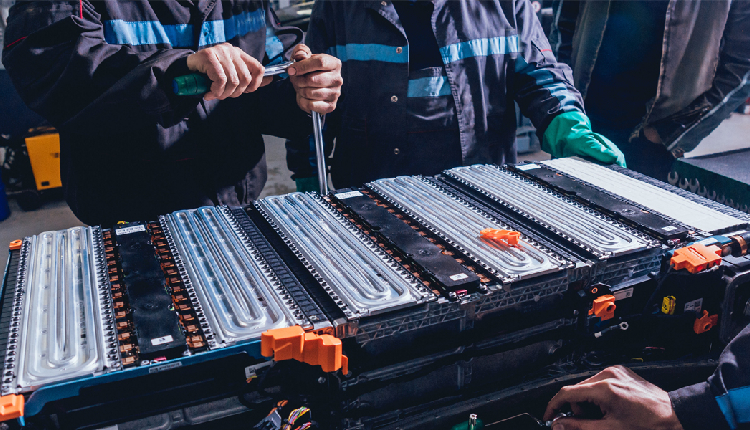Chinese electric vehicle (EV) battery manufacturers are reducing production plans in Germany due to lower EV sales and a challenging business environment, sparking concerns about Europe’s battery supply chain, the Nikkei Asia reported on Thursday.
SVOLT Energy Technology, a subsidiary of Chinese automaker Great Wall Motor, announced last week that it’s halting construction of a battery cell plant in Lauchhammer, Germany.
The company attributed this decision to a new European strategy and the loss of a major customer order, reportedly BMW according to German media.
SVOLT also expressed uncertainty about building a separate battery cell production facility in Ueberherrn, citing ongoing lawsuits against the project.
If this plan falls through, SVOLT will only operate a factory in Heusweiler, scheduled to open in July, which assembles battery cells into packs and modules.
Contemporary Amperex Technology Co. Ltd (CATL) also scrapped plans to expand its first European cell plant in Arnstadt, Germany, after Volkswagen halted electric vehicle production in nearby Zwickau due to weak demand.
This decision was further influenced by the German government’s sudden cancellation of EV purchase subsidies in late 2023.
Berlin’s reduction in EV subsidies led to a sharp decline in electric car sales, dropping to 12.2 per cent of new vehicle registrations in April 2024. Gasoline vehicles maintained a dominant market share at 37.3 per cent.
While the EU plans to ban the sale of new combustion engine vehicles by 2035, this policy faces growing criticism. Germany’s main opposition party, CDU/CSU, launched a campaign against the ban, arguing it harms the country’s economic prosperity.
Industry challenges for battery makers
- High costs in Germany compared to Eastern Europe make it less attractive for battery production, prompting CATL to build a new plant in Hungary.
- Potential EU tariffs on Chinese EVs could backfire, inflating prices and hindering market growth.


